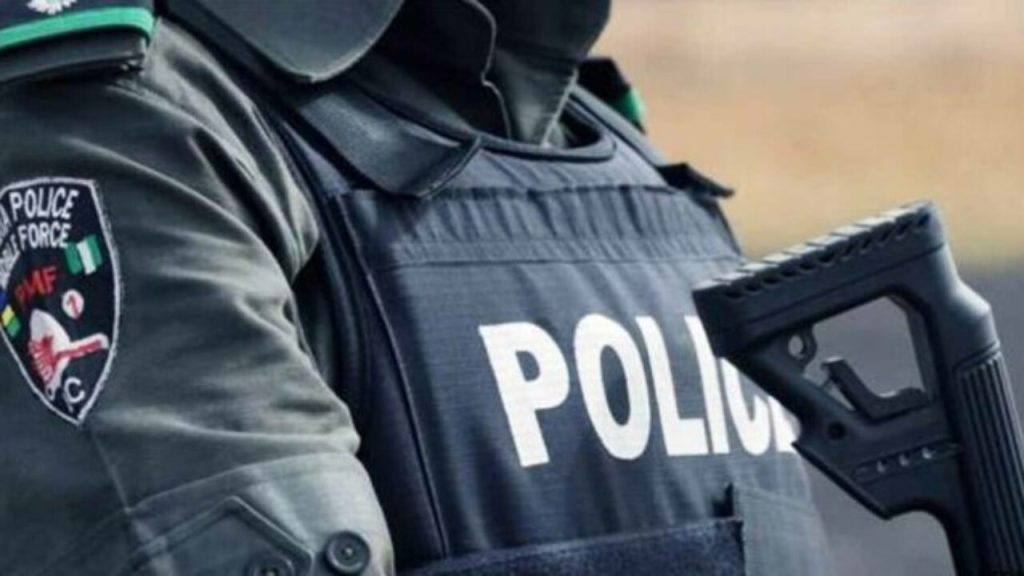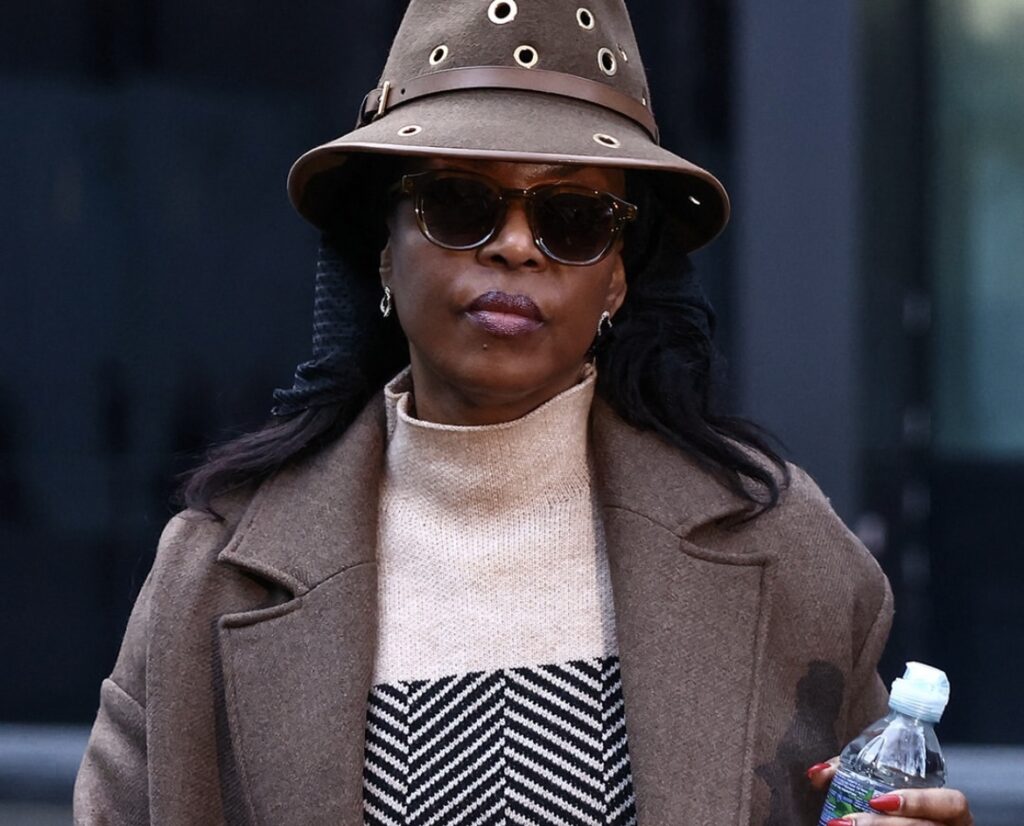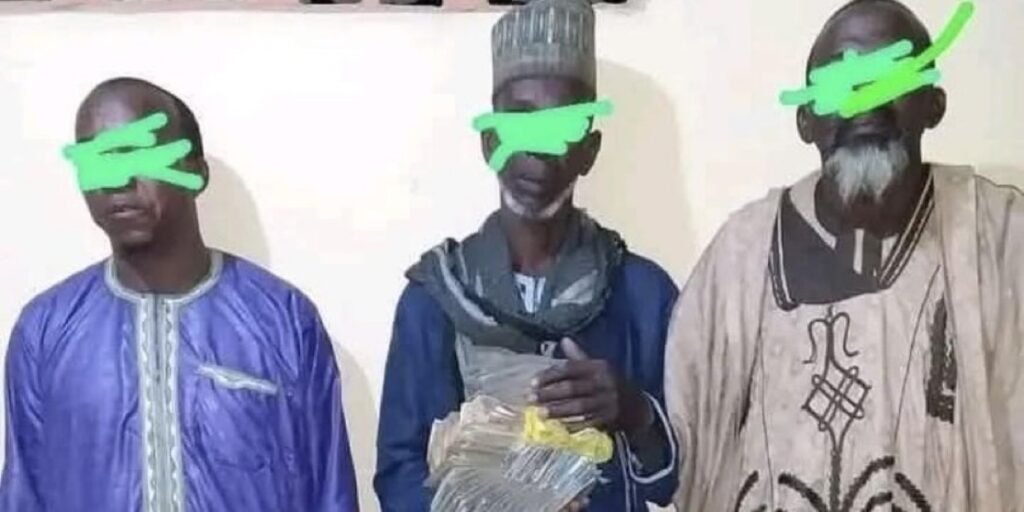Student Loses Sight in Police Brutality

The case of Adebayo Olaide, a young student from Osun State, who was brutally assaulted by Nigerian police officers, resulting in permanent damage to his eyesight, is a shocking example of the brutality and impunity that pervades the Nigerian police force.
The incident, which occurred on June 25, 2009, at a checkpoint in Odo Oba, Ogbomoso, Oyo State, is a stark reminder of the dangers of unchecked power and the lack of accountability within the Nigerian police.
According to reports, Olaide was stopped by 11 police officers at the checkpoint, and despite cooperating fully, he was accused of looking at them, which sparked a violent assault. One of the officers allegedly struck him in the face with a gun, causing severe injuries that required 18 months of hospital recovery.
The brutality of the attack has left Olaide with permanent damage to his eyesight, a constant reminder of the traumatic experience he endured.
The aftermath of the incident has been marked by a prolonged and frustrating struggle for justice.
Olaide’s family has pursued every available avenue to seek compensation and accountability, but their efforts have been met with resistance and indifference from the Nigerian police.
Despite the National Assembly’s Petitions Committee ordering the police to pay Olaide 20 million naira in compensation, the police have refused to comply with the ruling.
The family’s experiences are a testament to the challenges faced by victims of police brutality in Nigeria. The lack of effective legal representation, due to financial constraints, has hindered their ability to seek justice.
The multiple appearances before the National Assembly in 2022 and 2023 have yielded little progress, leaving the family feeling frustrated and disillusioned with the system.
This case highlights a broader issue of police accountability in Nigeria, where court orders are often ignored, and victims are left without recourse.
The Nigerian police force has a reputation for impunity, with many cases of brutality and misconduct going unpunished. The lack of accountability has created a culture of fear and mistrust, where citizens are reluctant to report incidents of police brutality, fearing retaliation or further victimization.
The Olaide family’s situation is not an isolated incident. There are countless cases of police brutality and misconduct in Nigeria, many of which go unreported or unpunished.
The Nigerian government has a responsibility to ensure that its citizens are protected from abuse of power and that those responsible for such abuse are held accountable.
The international community has also taken notice of the situation, with human rights organizations and advocacy groups calling for greater accountability and reform within the Nigerian police force.
The United Nations has emphasized the importance of police accountability and the need for governments to ensure that their security forces respect human rights and the rule of law.
In recent years, there have been efforts to reform the Nigerian police force, including the establishment of the Police Service Commission and the National Human Rights Commission.
However, these efforts have been slow to yield results, and much work remains to be done to address the systemic issues that perpetuate police brutality and impunity.
The Olaide family’s case serves as a reminder of the urgent need for reform and accountability within the Nigerian police force. The government must take concrete steps to address the systemic issues that perpetuate police brutality and ensure that those responsible for such abuse are held accountable.
The family’s quest for justice and compensation is a testament to the resilience and determination of Nigerians who demand a better future for themselves and their country.
As the Olaide family continues to seek intervention and justice, it is essential that the Nigerian government and the international community take notice of their plight and work towards creating a more just and accountable society.
The case of Adebayo Olaide is a call to action, a reminder that the struggle for justice and human rights is ongoing, and that collective efforts are needed to create a better future for all Nigerians.







